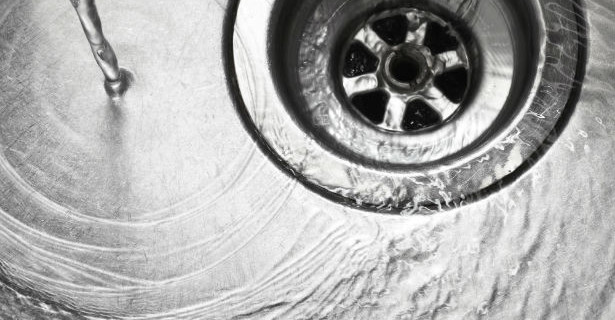Fats, Oils, and Grease In Your Pipes
Some things you put down the drain don’t just disappear.
When grease, fat and cooking oil are dumped down your kitchen sink, they attach to the inside of the sewer pipes. Why? The cool temperatures of the buried sewer pipes cause the fat to coagulate quickly and stick to the sewer walls. This build-up is created over time and could affect not only your sewer lateral but the City’s sewers as well.
Some results of clogged sewer pipes are:
-Raw sewage back-ups into your home and that of your neighbours.
-Raw sewage overflows into neighbourhood yards, parks and streets.
-Potential messy and expensive basement clean-ups and/ or sewer line cleaning that may not be covered by your homeowner’s insurance policy.
-Potential contact with disease causing bacteria.
-Increase in operational and maintenance costs for the City, which causes higher sewer and water rates for residents.
The easiest way to prevent blockages in your sewer is NOT to let fats, cooking oils and grease get into your sewer pipes. Let them cool in the pan then compost them!
Toilets are NOT Trash Cans
By keeping harmful items out of your toilet, you help the sewer systems run more effectively. The following items can clog pipes or tangle into massive knots that damage sewage pumps and are prohibited from being flushed into the sewer.
-Wipes (including the “Flushable” kind)
-Feminine Hygiene Products
-Kitty Litter
-Dental Floss
-Diapers
-Condoms
-Hair
-Paper Towels
Help prevent sewer issues by only flushing human waste and toilet paper. Everything else goes into the garbage!


